Popular Drinks Tied to Higher Heart and Kidney Risks in Young Adults
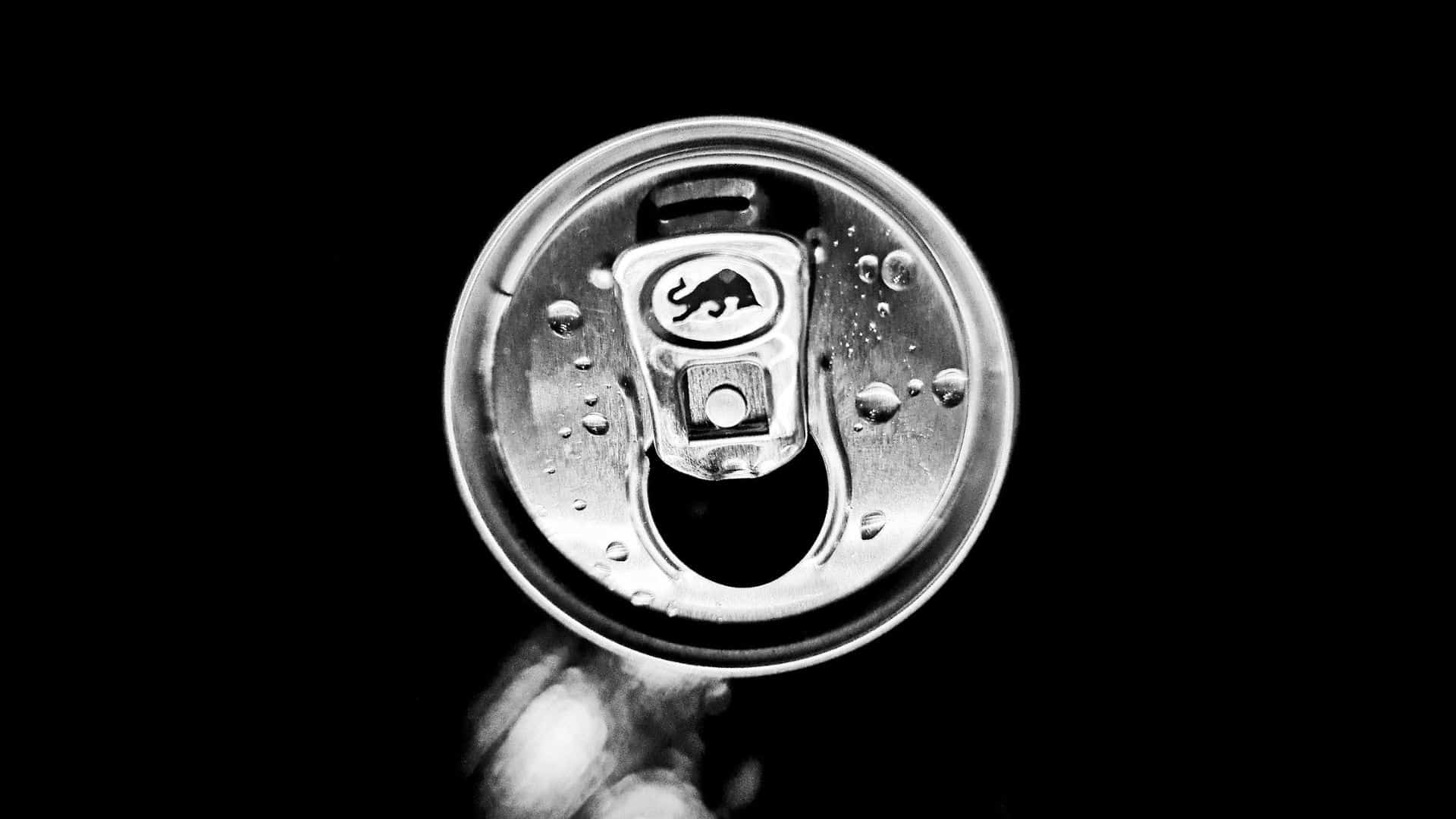

Energy drinks promise a quick energy boost, but many young adults don’t realize the serious health risks lurking in those brightly colored cans. Packed with caffeine, sugar, and other stimulants, these beverages can cause more than just jitters—they’re linked to heart problems, kidney damage, and even sudden death.
While moderation might seem like an easy fix, studies show that young adults are especially vulnerable to overconsumption due to busy schedules, late-night studying, and social pressure. Knowing the real risks of energy drinks can help you make safer choices, protect your health, and avoid being another tragic statistic.
Here’s what the science says about how energy drinks can quietly wreak havoc on your heart and kidneys.
Cardiovascular Risks: What Energy Drinks Do to Young Hearts

Your heart is one of the first organs affected by the caffeine and other stimulants in energy drinks, especially in young adults whose bodies are still developing. Studies show that energy drinks can lead to rapid spikes in heart rate, blood pressure, and changes in electrical activity—factors that raise the risk of dangerous arrhythmias or even cardiac arrest.
Combined with dehydration or intense physical activity, the effects can be even more severe, increasing the chance of fainting, stroke, or sudden death. Understanding these cardiovascular dangers can help young adults think twice before reaching for another energy drink, especially before sports or exams.
Increased Heart Rate and Blood Pressure

Energy drinks can cause a sudden surge in heart rate (tachycardia) and elevated blood pressure, even in otherwise healthy young people. The high levels of caffeine and stimulants overstimulate the sympathetic nervous system, pushing the heart to work harder and faster.
A 2017 study published in the Journal of the American Heart Association found that healthy volunteers experienced significant blood pressure increases for up to six hours after consuming energy drinks. Over time, these repeated spikes can damage blood vessels and increase long-term cardiovascular risk, particularly in people with undiagnosed heart conditions.
Cardiac Arrhythmias

Arrhythmias, or irregular heartbeats, are among the most alarming risks tied to energy drink consumption. High doses of caffeine and additives like taurine can interfere with the electrical signals that keep your heartbeat steady. This disruption may cause the heart to beat too fast or erratically, leading to dizziness, fainting, or even cardiac arrest in severe cases.
Young adults with underlying heart issues, often undiagnosed, are at greater risk. Research published in Pediatrics in 2011 highlighted cases of adolescents developing life-threatening arrhythmias after consuming large amounts of energy drinks.
Cardiovascular Events

There’s growing evidence linking energy drinks to major cardiovascular events, including heart attacks and strokes, especially when combined with physical exertion or alcohol. Studies have shown that the combination of dehydration, stimulant overload, and increased blood pressure can create a perfect storm for a cardiovascular event.
A 2014 paper in Frontiers in Public Health noted that emergency departments have seen more young adults presenting with chest pain, palpitations, or signs of heart attack after heavy energy drink consumption. These events, while rare, highlight the real dangers that can come with excessive intake.
Impact on Blood Vessels
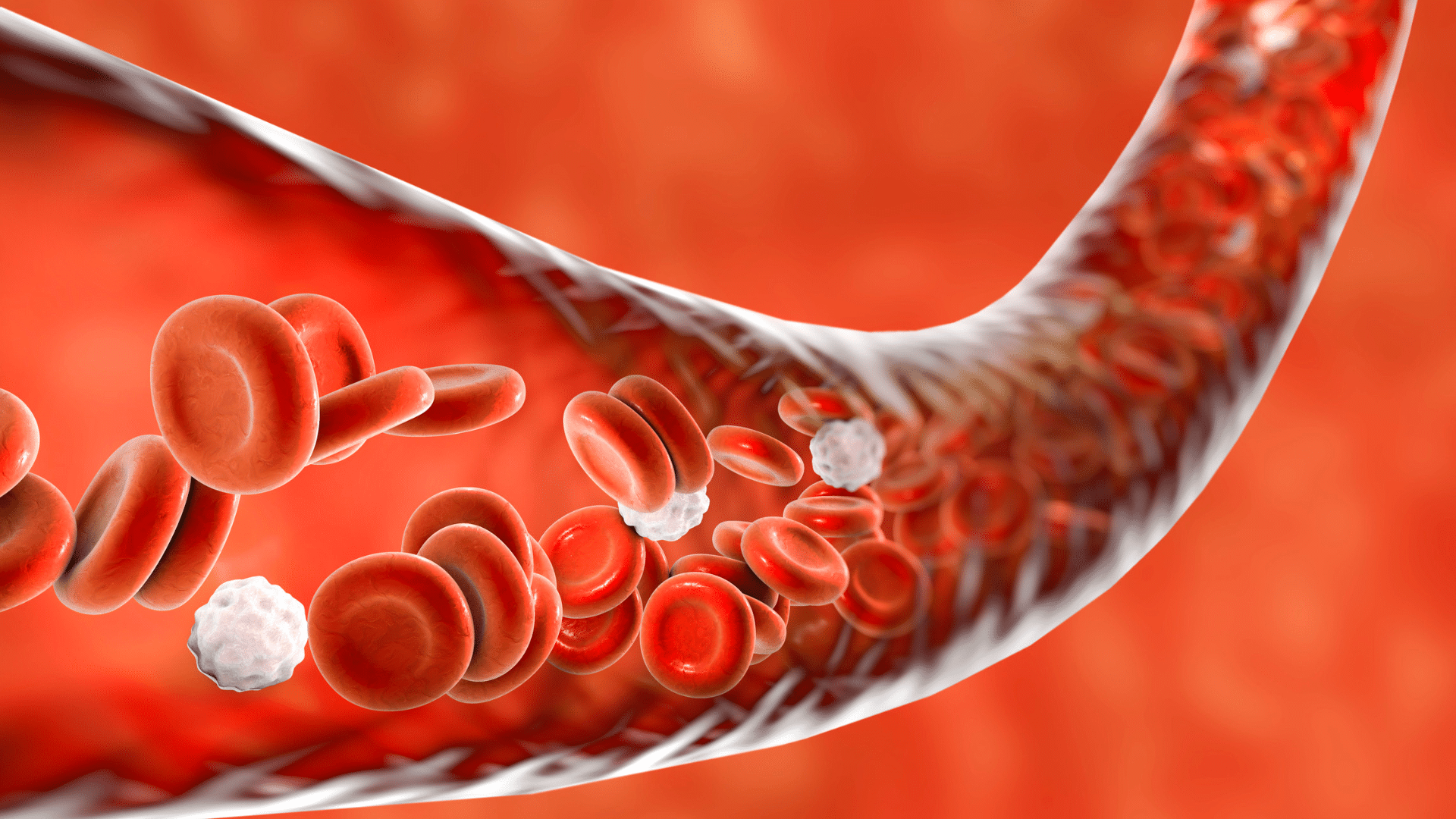
Energy drinks can also affect how well your blood vessels expand and contract, a key factor in regulating blood pressure and circulation. Research from the Mayo Clinic found that a single energy drink can significantly impair endothelial function, the ability of blood vessels to relax, for several hours.
Repeated episodes of vessel constriction increase the risk of hypertension, arterial stiffness, and long-term cardiovascular disease. Young adults who regularly consume these drinks may unknowingly accelerate vascular aging.
Renal Risks: How Energy Drinks Strain Your Kidneys
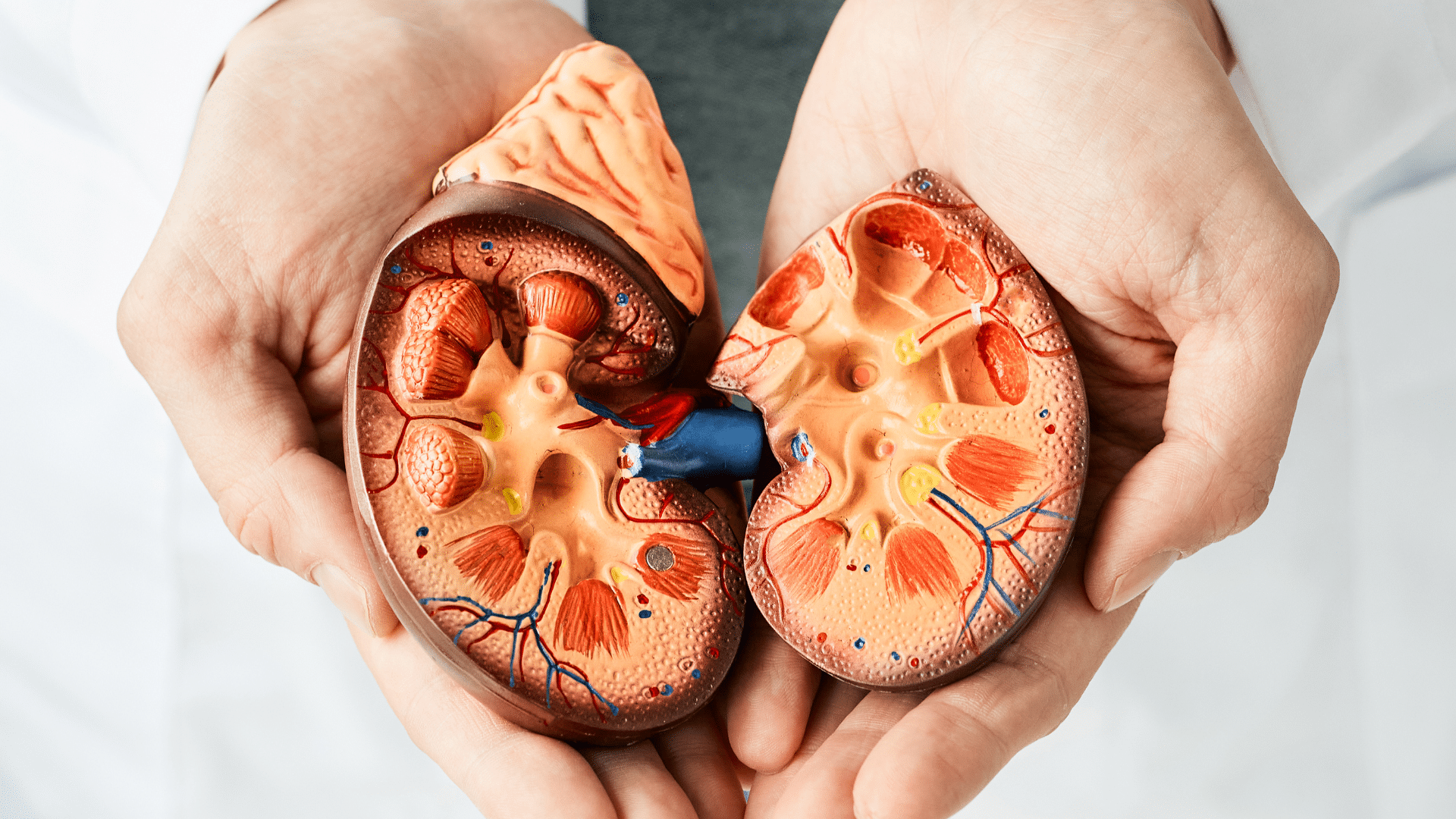
The kidneys are essential for filtering waste and maintaining fluid balance, but energy drinks can disrupt these critical functions in young adults. While many people think only of the heart when it comes to caffeine risks, your kidneys work just as hard to process the effects of excess sugar, sodium, and stimulants.
Energy drinks often cause dehydration and metabolic stress, both of which place immense pressure on kidney function over time. Understanding these renal risks is key to recognizing why regular consumption could lead to serious long-term health consequences.
Kidney Damage
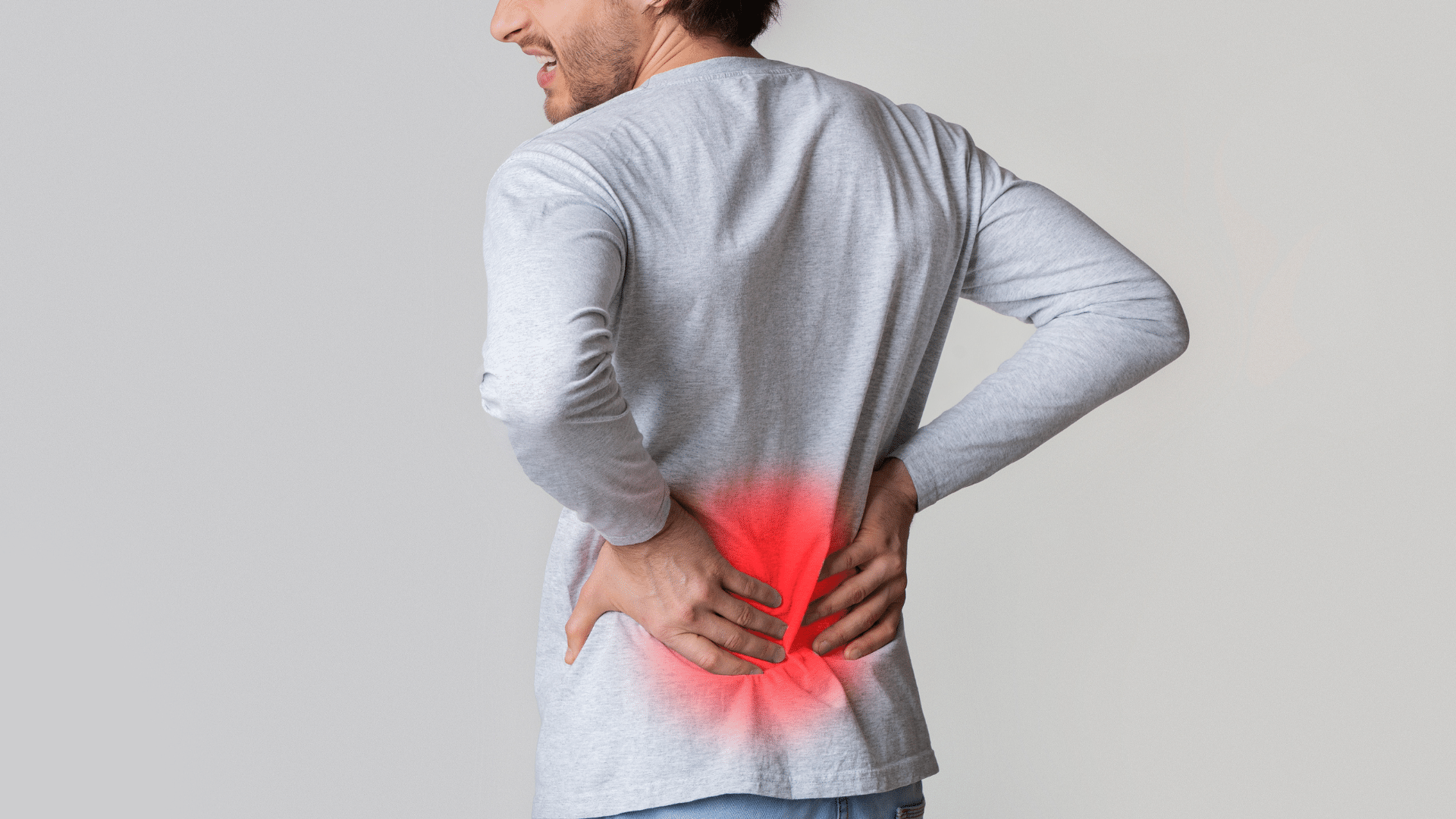
Energy drinks are loaded with caffeine and sugar, both of which can put significant strain on the kidneys over time. Excess caffeine increases the workload on your kidneys by promoting diuresis (increased urine production), which can contribute to dehydration and reduced kidney perfusion. Meanwhile, the high sugar content can worsen insulin resistance and metabolic stress, which are linked to kidney damage.
Studies have shown that chronic consumption of energy drinks may contribute to the progression of kidney injury, especially in people already at risk due to hypertension or diabetes. This combination of dehydration and metabolic burden creates a dangerous environment for kidney health.
Kidney Stones
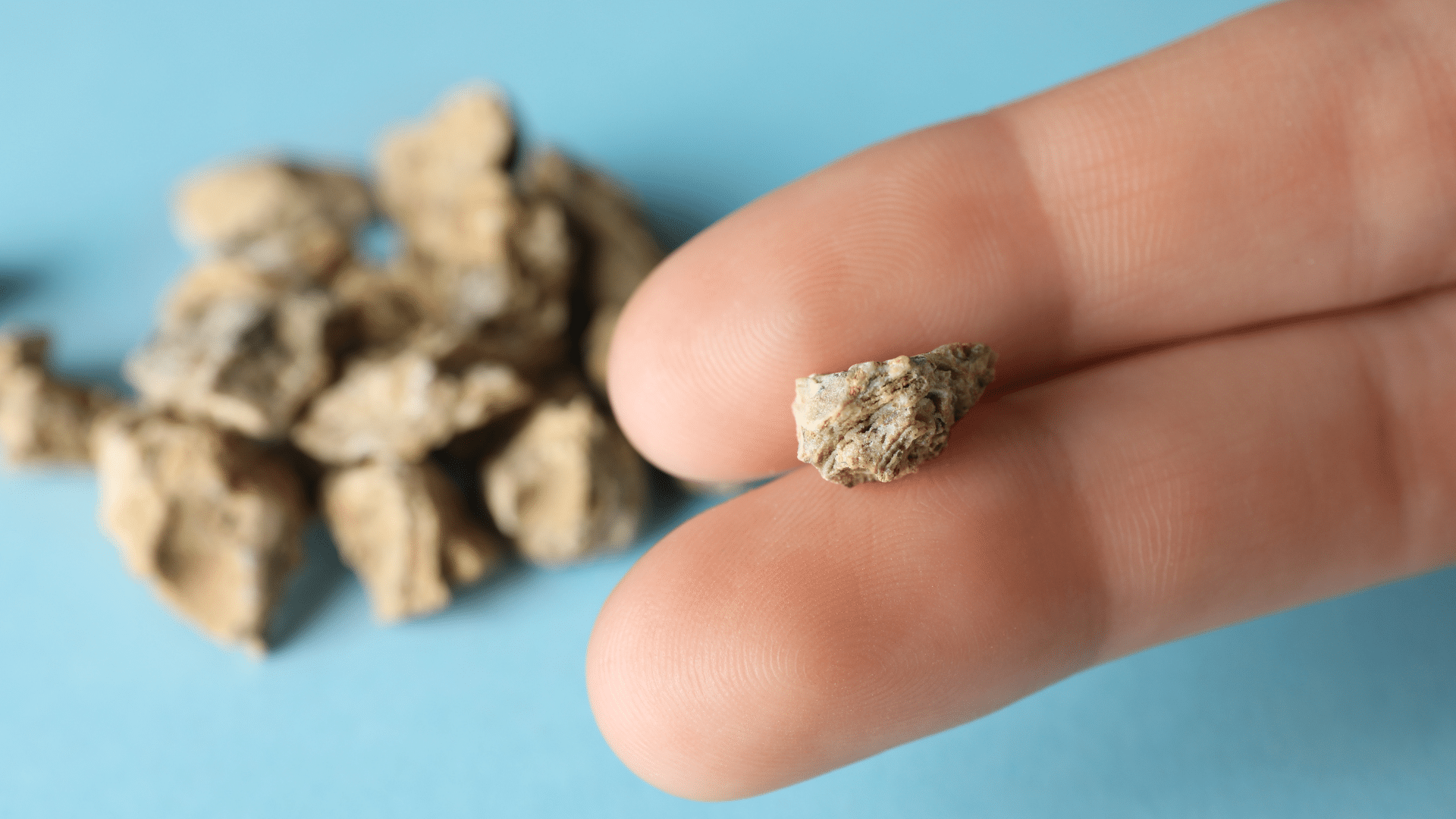
The dehydrating effects of caffeine, combined with high levels of sugar and sometimes sodium in energy drinks, can lead to concentrated urine, a major risk factor for kidney stone formation. Kidney stones develop when certain substances in urine, like calcium or oxalate, become highly concentrated and crystallize.
Since energy drinks often encourage excessive fluid loss through increased urination, they may indirectly raise the likelihood of stone formation if hydration isn’t maintained. Young adults who frequently consume these beverages without enough water intake are particularly at risk, as they may not recognize the signs of early dehydration until stones develop.
Increased Risk of Kidney Disease

Regular consumption of energy drinks has been associated with higher risks of developing chronic kidney disease (CKD) in some observational studies. This risk likely comes from the combined impact of repeated dehydration, high sugar intake leading to metabolic dysfunction, and hypertension from excessive caffeine. Over time, these factors can damage kidney tissues, leading to reduced filtration capacity and increased protein in the urine, an early sign of CKD.
People with pre-existing kidney or metabolic issues are especially vulnerable, but even healthy young adults may face increased risks if they drink energy drinks excessively.
Dehydration

Energy drinks can be deceptive: while they feel hydrating when cold and refreshing, their high caffeine content acts as a diuretic, leading to fluid loss. When consumed during sports, outdoor activities, or in hot weather, this diuretic effect can cause dehydration faster than many realize.
Dehydration itself can reduce blood flow to the kidneys, impairing their ability to filter waste and regulate fluid and electrolyte balance. Over time, repeated episodes of dehydration increase the strain on the kidneys and may set the stage for acute kidney injury or chronic damage if not addressed.
Tragic Cases of Young Adults Harmed by Energy Drinks

Unfortunately, the health risks of energy drinks have become all too real for some families around the world. In 2011, a 14-year-old girl from Maryland, USA, died of cardiac arrhythmia after consuming two large energy drinks within 24 hours; the official cause of death was linked to caffeine toxicity (CBS News). A 26-year-old Australian man died of a brain hemorrhage in 2011, with excessive energy drink use cited as a contributing factor (ABC News Australia).
In Mexico, a 16-year-old died from a heart attack after reportedly consuming three cans of an energy drink before a football match in 2021, highlighting dangers during intense physical activity (El Universal). Meanwhile, in the Philippines, local news reported in 2020 that a 19-year-old suffered kidney failure after months of daily energy drink consumption combined with strenuous work in construction.
And in the UK, a 25-year-old man was hospitalized with acute kidney failure in 2016 after consuming up to eight cans of energy drinks daily, a case later detailed in the British Medical Journal (BMJ Case Reports).
These cases underscore how excessive energy drink use can have devastating, and sometimes fatal, outcomes, particularly for young adults.
Why are Young Adults More Vulnerable?

Young adults often have busier, more active lifestyles, balancing school, work, and social life with less sleep and higher stress levels. This can make the quick energy boost of these drinks appealing. But the same factors, combined with ongoing physical development and a tendency to underestimate risks, make young people especially vulnerable. High caffeine sensitivity, social pressure, and marketing that targets this age group can all lead to excessive consumption and increased health risks.
Why Aren’t Energy Drinks Banned if They’re Risky?
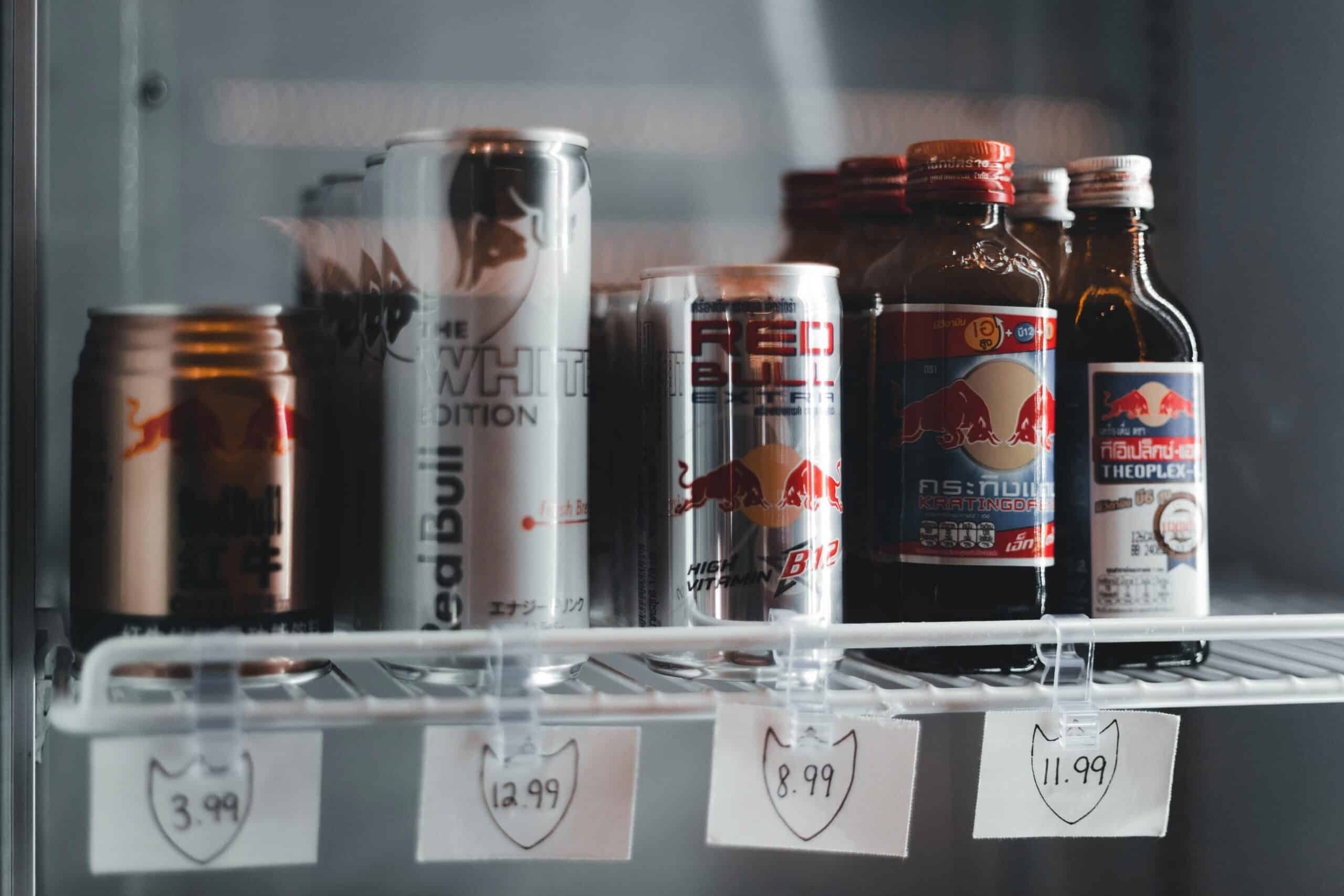
If energy drinks can be so dangerous, why aren’t they banned? Like smoking and alcohol, energy drinks are considered legal with an expectation of moderate, responsible use. Regulatory agencies, including the FDA, allow them because the ingredients are generally recognized as safe in small doses. However, the lack of clear labeling and the aggressive marketing toward young people make it easy to exceed safe limits. Ultimately, moderation and personal awareness are key. Knowing your limits and listening to your body are essential to staying safe.
Other Risks to Watch For

Energy drinks don’t just harm the heart and kidneys. They can also cause:
Neurological Effects: High caffeine can trigger anxiety, panic attacks, and sleep disturbances. Extreme cases have led to seizures.
Metabolic Issues: Excess sugar can increase the risk of obesity, insulin resistance, and type 2 diabetes.
Prevention is Better Than Cure

Limit or Avoid Consumption: If you choose to drink them, keep servings small and infrequent.
Choose Healthier Alternatives: Opt for water, herbal teas, or electrolyte drinks without added stimulants.
Consult a Healthcare Professional: If you experience dizziness, chest pain, or any unusual symptoms, seek help immediately.
Educate Yourself: Understand what’s in your drink, how it affects your body, and how much is safe.
Think Before You Sip
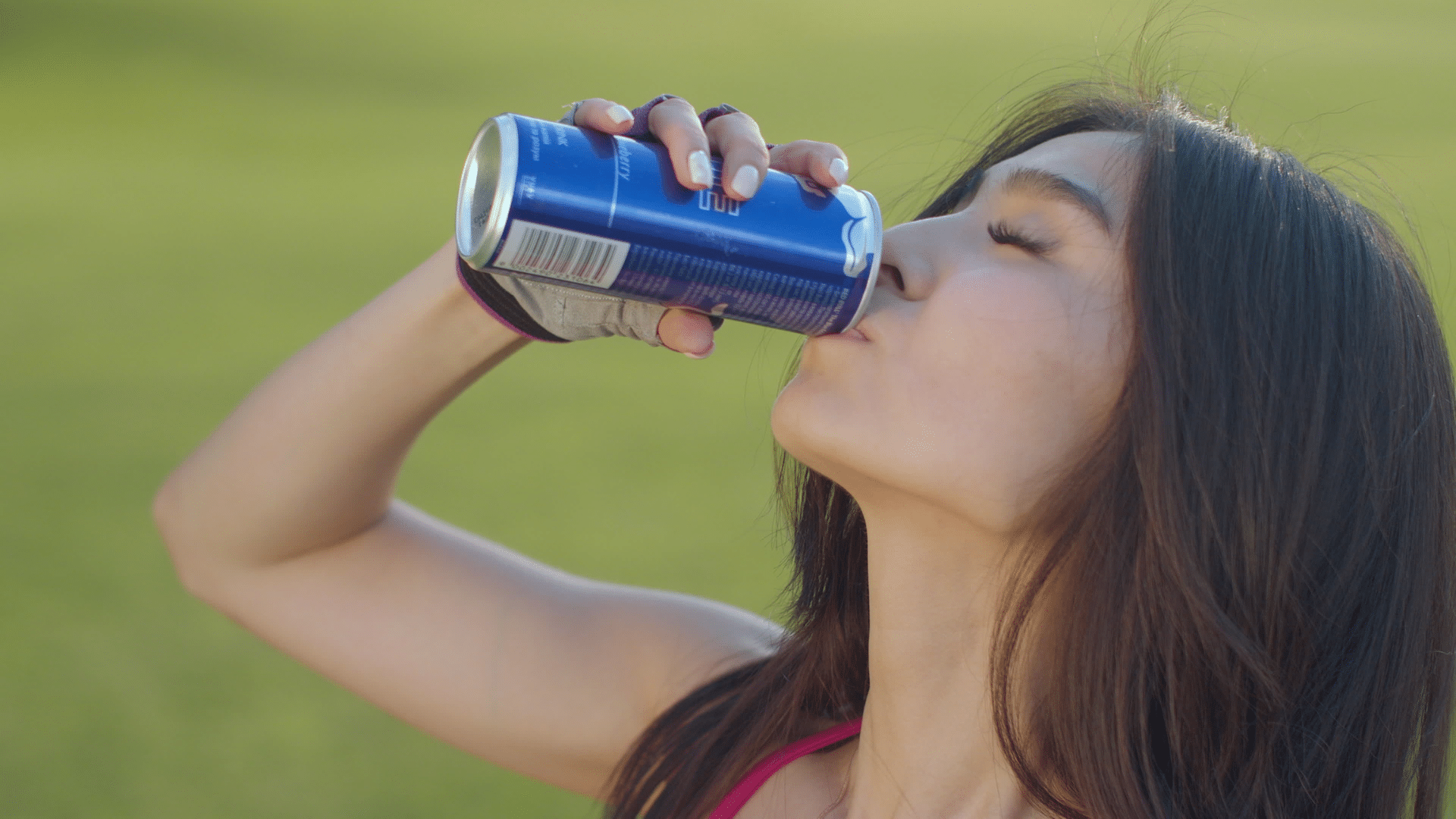
Energy drinks might seem like an easy way to power through a busy day, but the risks, especially for young adults, are real and potentially life-threatening. From raising your heart rate to straining your kidneys, these beverages can quietly wreak havoc on your health if you’re not careful.
The tragic cases of young people harmed by excessive consumption remind us that moderation and awareness matter more than ever. Choosing safer alternatives, staying hydrated, and knowing your limits can help you stay energized without putting your life at risk.
